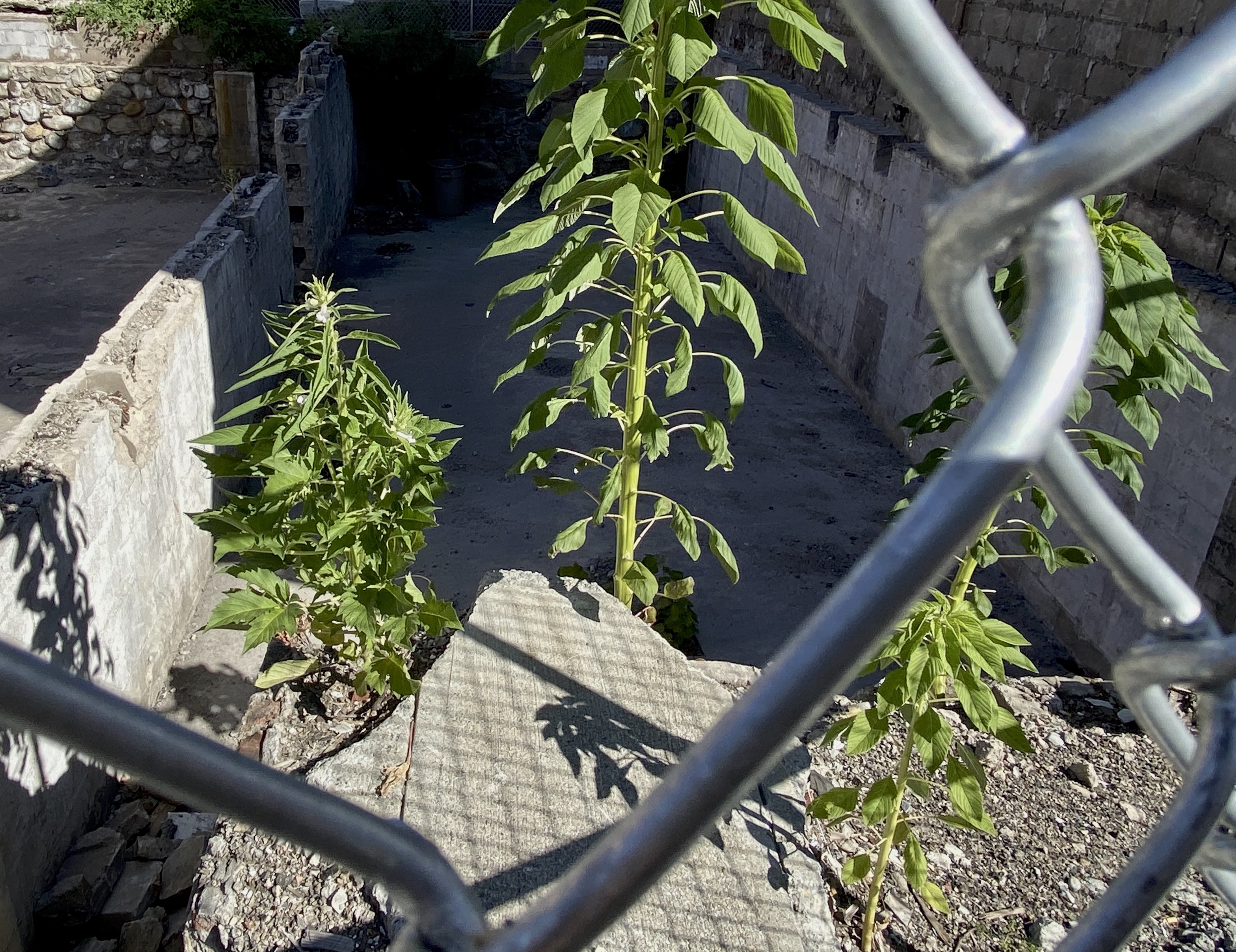
As 2020 slouches towards its inevitable end, two things I’ve noticed, reflecting on that year that was… well, a full year.
- There are those who believe the calendar will turn to 2021 and all will be right again in the world. Look, I’m an eternal optimist but this seems to me a coping strategy that will disappoint fairly quickly. Might we wish for a more peaceful, joyful, healthy and easeful year ahead? Of course. I remain aware, too, that for many, 2020 was just another year in a string of many years filling a lifetime with suffering, in large part due to societal/cultural/institutional structures intentionally designed to bring/keep people down. What I know for sure is this: 2020 will go, 2021 will arrive, and the rollercoaster of all of life’s experiences will go on. Perhaps, rather than expecting a neat and tidy end to this year and anointing the next as inevitably “all good,” we can approach the annual transition as Maria Sirois suggests:
Wherever we are, whoever we are, we are not yet done. Our final lines not yet spoken. December 31 is but one moment in a life still rich with possibility. Let 2020 close with all its disappointment and regret, injustice and death and its heroism across all lands. And as it does, let us without hesitation turn to the larger play – the one always open – inviting us into the great, grand stage of our very lives.
Which brings us to…
2. There’s been an immense interest in resilience, unsurprisingly, at a time when it’s most needed. But what is it? And how do we (can we) cultivate it? It turns out that one of the core factors in resiliency is a mindset that views change as inevitable. While we can’t choose what happens to us, we recognize we can choose how we approach life’s inevitable ups-and-downs. How? Rhonda Magee’s STOP practice I’ve found incredibly accessible and portable. With the greatest self-compassion we can muster, we stop; take a breath; observe, without judgment, whatever thoughts, emotions and physical sensations arise; and we proceed, consciously deciding how to act – or not to act – as we move into the next moment.
Maria Konnikova, in her outstanding New Yorker piece, How People Learn to Become Resilient, discusses positive psychology pioneer Martin Seligman‘s foundational work demonstrating that resiliency can, in fact, be nurtured:
Seligman found that training people to change their explanatory styles from internal to external (“Bad events aren’t my fault”), from global to specific (“This is one narrow thing rather than a massive indication that something is wrong with my life”), and from permanent to impermanent (“I can change the situation, rather than assuming it’s fixed”) made them more psychologically successful and less prone to depression. The same goes for locus of control: not only is a more internal locus tied to perceiving less stress and performing better but changing your locus from external to internal leads to positive changes in both psychological well-being and objective work performance. The cognitive skills that underpin resilience, then, seem like they can indeed be learned over time, creating resilience where there was none.
I do believe resilience can be learned. If you’re interested in reading more about how to cultivate resilience, I recommend Dr. Rick Hanson’s book, “Resilient,” grounded in neuroscience and rich in practical and inspiring mindfulness strategies.